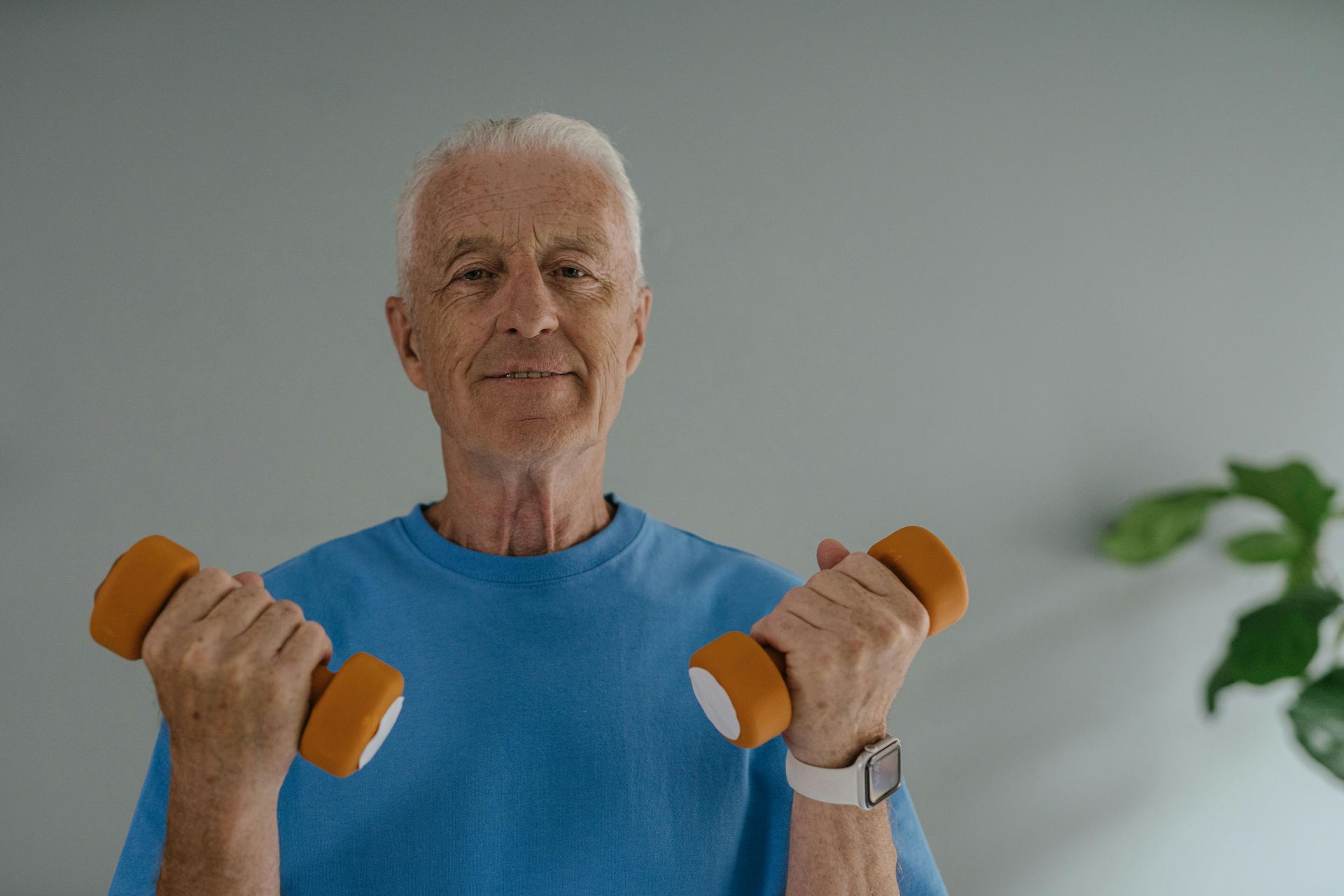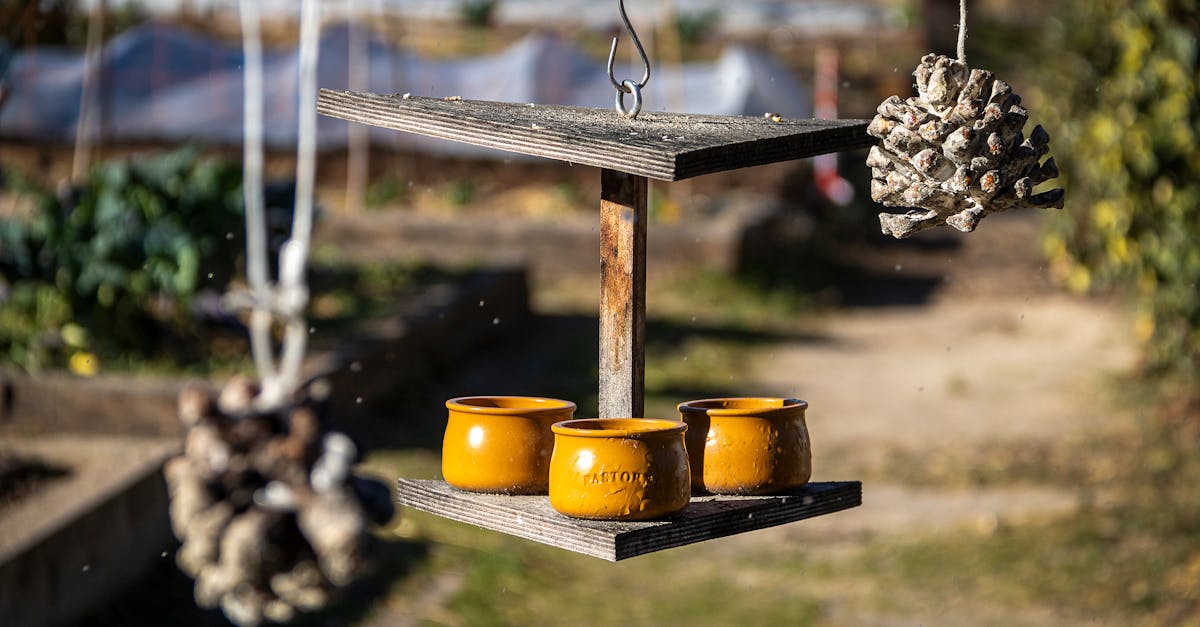The One Rule: Kindness
In an age where division and negativity often take the spotlight, the question arises: Can kindness truly be the catalyst for change? Dr. Paul Farmer, a paragon in the realms of medicine and humanitarianism, lived a life that shouted a resounding “Yes!” The Dean of Harvard Medical School once called him "the most important doctor in the world," a title Farmer earned through a legacy cemented in the power of compassionate action.
Although Dr. Farmer's extensive contributions to global health warrant an in-depth exploration (for which I encourage readers invest the time to learn more), the focus here is on a singular, profound lesson he championed: the practice of unconditional kindness. This principle was the bedrock of Partners In Health, the non-profit co-founded by Farmer. Jim Yong Kim, Farmer’s co-founder and later the president of the World Bank, crystallized the essence of their mission in his recollection: "Paul said, ‘Let’s start a nonprofit organization that has only one rule: Everyone has to be kind. We have to agree to practice unconditional kindness.'" This mandate, clear in its language, is revolutionary in its intent.
The concept of unconditional kindness is as ancient as it is enduring, finding echoes in the wisdom of history's greatest thinkers. Seneca, the Roman Stoic, declared millennia ago, "Wherever there is a human being, there is an opportunity for kindness." His words highlight kindness not just as a moral choice but as a timeless imperative that spans every culture and era. It’s a philosophy that invites us to find in every encounter an opening to extend our humanity.
Despite its clear virtues, unconditional kindness is a path seldom taken. Our grievances and the hurts we accumulate can misdirect us from this virtuous route. When wronged, we may find ourselves at a crossroads—lashing out in retaliation or nurturing bitterness within. Yet, it is precisely in these testing times that the essence of true kindness shines brightest. Choosing to be kind does not merely diminish the gloom of negativity; it nurtures our better selves and aligns us with our loftiest human potential.
Kindness is more than an ideal; it is a tangible, actionable guide for daily life. It implores us to rise above—to treat not only ourselves but also those who have wronged us with a spirit of generosity. The ripple effects of such a choice are profound: it builds empathy, bridges divides, and fosters a culture where compassion flourishes. Living kindness improves our own existence and nudges society toward a more benevolent collective future.
The real challenge lies not in acknowledging the merit of kindness but in steadfastly weaving it into the fabric of our everyday existence. This endeavor calls for intentional compassion, empathetic dialogue, and a heart generous in forgiveness. It does not ask us to turn a blind eye to injustice but to confront it in a manner that repairs rather than rends.
In embracing Dr. Farmer's legacy, we're invited to introspect on how we might infuse unconditional kindness into our own lives. His example prods us to transcend snap judgments and contemplate the lasting effects of our deeds. In an era quick to highlight discord and retribution, kindness emerges as a radical act of defiance, asserting that love and understanding possess a mightier force than animosity and apathy.
As we chart our own course through life's intricacies, let's anchor ourselves to the lesson of unconditional kindness—a lesson Dr. Farmer espoused with fervor. Let this principle navigate our interactions, shape our choices, and color our dreams. By doing so, we pay homage to his enduring spirit and contribute to crafting a reality that mirrors our noblest aspirations—a reality suffused with kindness, compassion, and a relentless commitment to the common good. Let’s start today. Let’s start right now.











